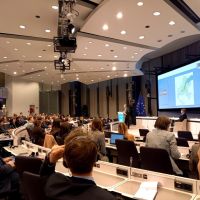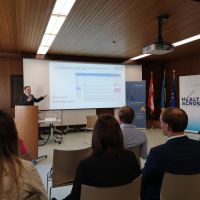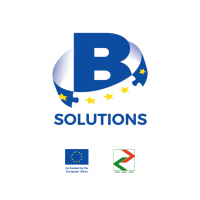Cross-border cooperation is considered adversely by state bureaucracies. People living within the territory of the country ensure sufficient task to civil servants. In such a well arranged system, foreigners always mean additional burden for them. What is more, if a foreigner needs a treatment in a medical centre, it is always a matter of financing, too. If a foreigner tourist passes away during his/her visit, the transportation of the dead body causes serious logistical and administrative problems. At the same time, it is easy to understand that if someone has a heart attack within a border area, his/her life can be saved by being taken to the nearest hospital – which can accidentally be on the other side of the border.
By decreasing the role of the interstate borders and facilitating the free movement of people, goods, capital and services, the European Union encourages its citizens to frequently cross the borders. Thanks to the EU support ensured for educational exchanges, several millions of students had the opportunity to study in another EU member state. Due to the differences in available job opportunities and the level of wages, nearly 2 million people commute every day to work to another country. The diversity in prices generates spectacular shopping tourism across the borders, etc.
Intensive mobility of the EU citizens necessitates that national and EU legislations and their policy frameworks are able to react on this movement. At the same time, state bureaucracy – taking into account the above reasons – is not prepared for this type of challenges, they need consultancy. Furthermore, policy experts at European level miss local information which would better base the EU level decisions.
CESCI HAS DEVELOPED ITS SERVICE PORTFOLIO SO THAT IT REFLECTS BOTH CHALLENGES. ACCORDINGLY, OUR ASSOCIATION
OUR KEY REFERENCES IN THIS FIELD
OUR LATEST NEWS IN THIS FIELD

Report on the „Vibrant Cross-Border Labour Markets” conference

Report on the Jean Monet Network’s Workshop

Heal Now closing conference

Workshops on regional development
